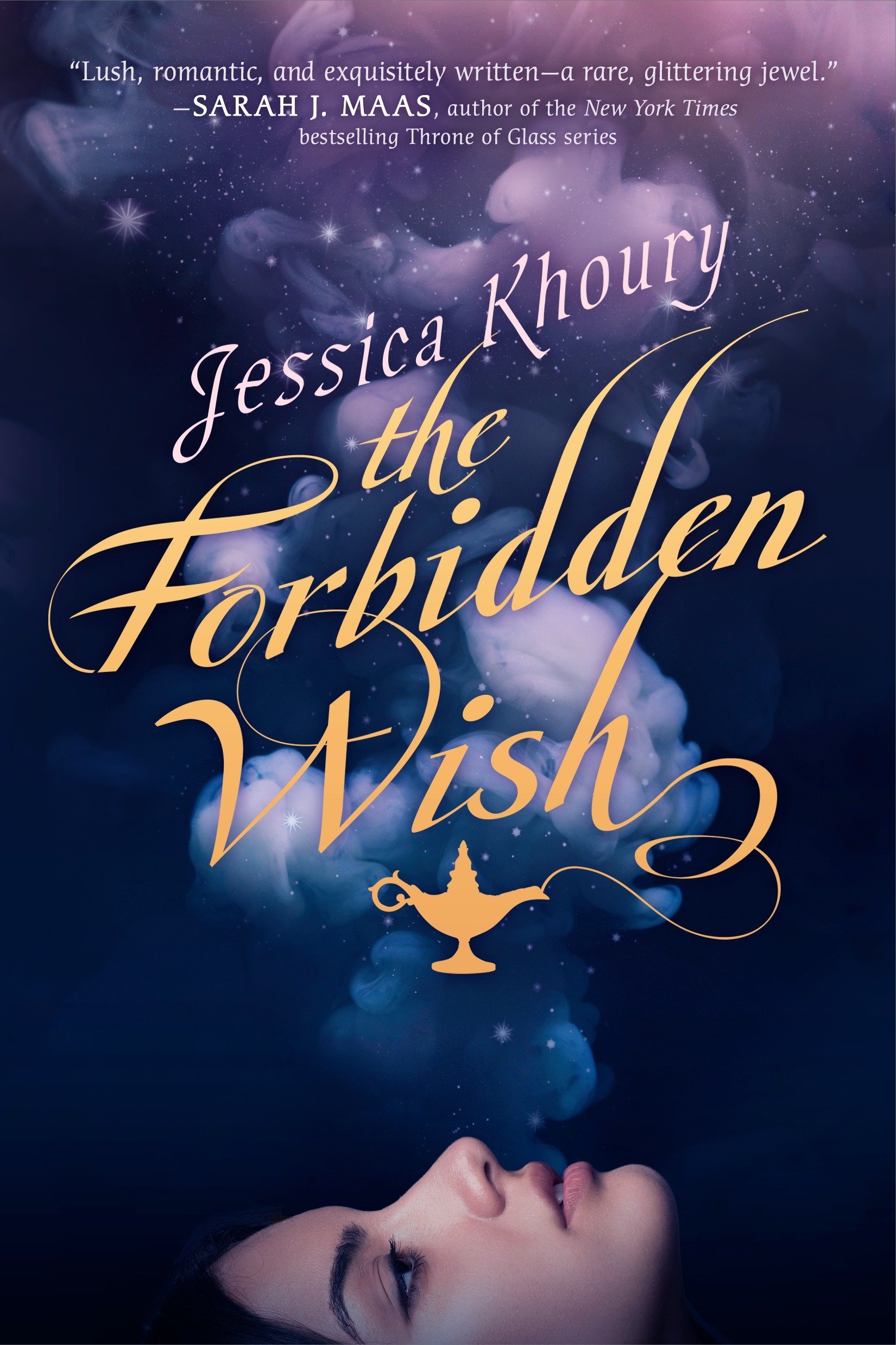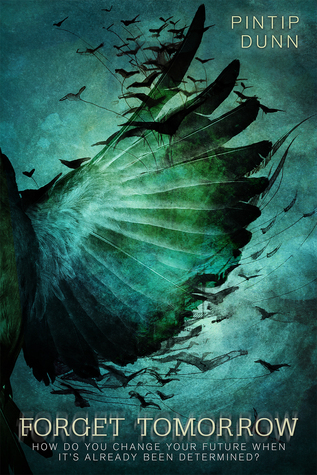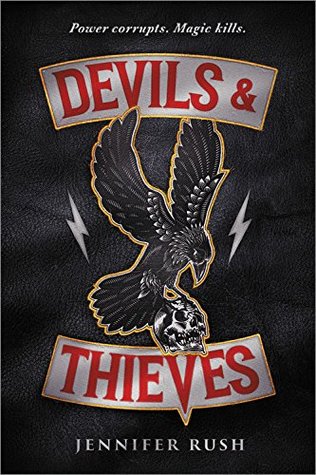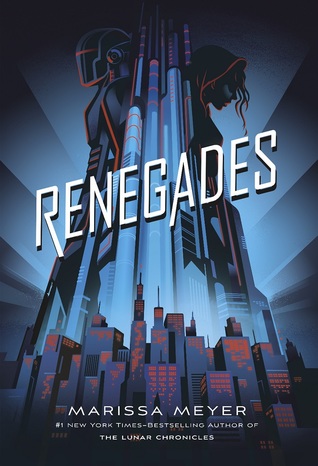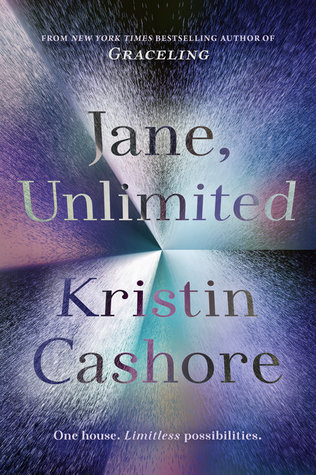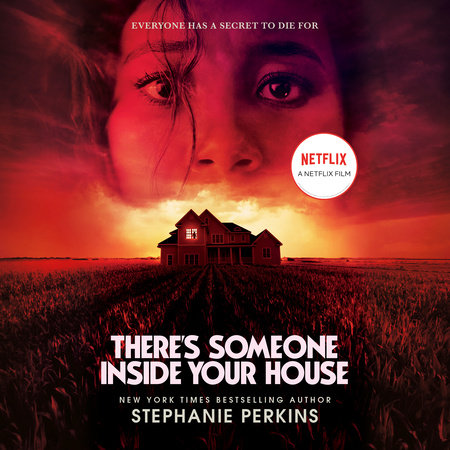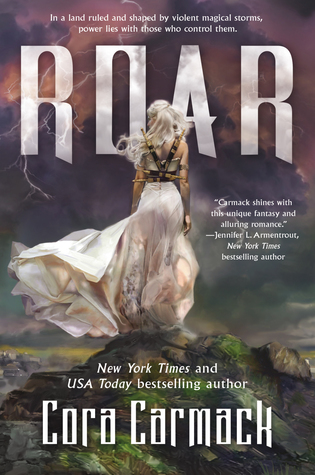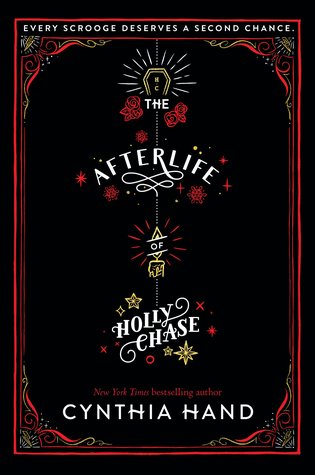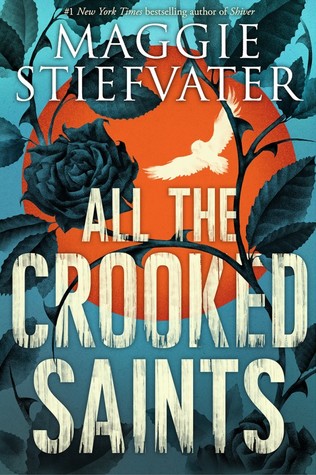
3/5
The Hazel Wood is beautifully written. Without being overdone, Melissa Albert creates simple, creative metaphors that pinpoint the exact emotion or image she is trying to convey. Because of that, reading The Hazel Wood feels like a treat. Albert also excellently captures the mood of the dark fairytales the book is about. The entire novel has the quiet, cold, dreadful tone, the kind that gives you chills.
The reasons I didn't enjoy The Hazel Wood as much as I could have is because of the slow pace and the characters. I understand that the slow pace works with the tone, but there wasn't enough plot to drive the novel. I also didn't appreciate the main character, Alice. The one other character we really get to meet and interact with is Finch, and we don't get to know him. There is little dialogue in the novel and most of it is aggressive and short, due to Alice's character. Her aggressive personality made me dislike her, and though it was explained at the end, that doesn't make the first eighty percent of the novel more enjoyable. And the biggest reason of all is that my interest steadily decreased as the novel continued. The Hazel Wood lost purpose and structure, and by the last twenty percent, it felt almost like a bumbling mess.
Melissa Albert's writing is absolutely beautiful, so I would recommend lovers of poetic prose or lovers of creepy and dark fairytales to pick up The Hazel Wood; even if you aren't a fan of those, I would still recommend cracking it open to experience her writing. But plot-wise, The Hazel Wood didn't do it for me. Cinder and Beastly are much better fairytale-based YA novels.
